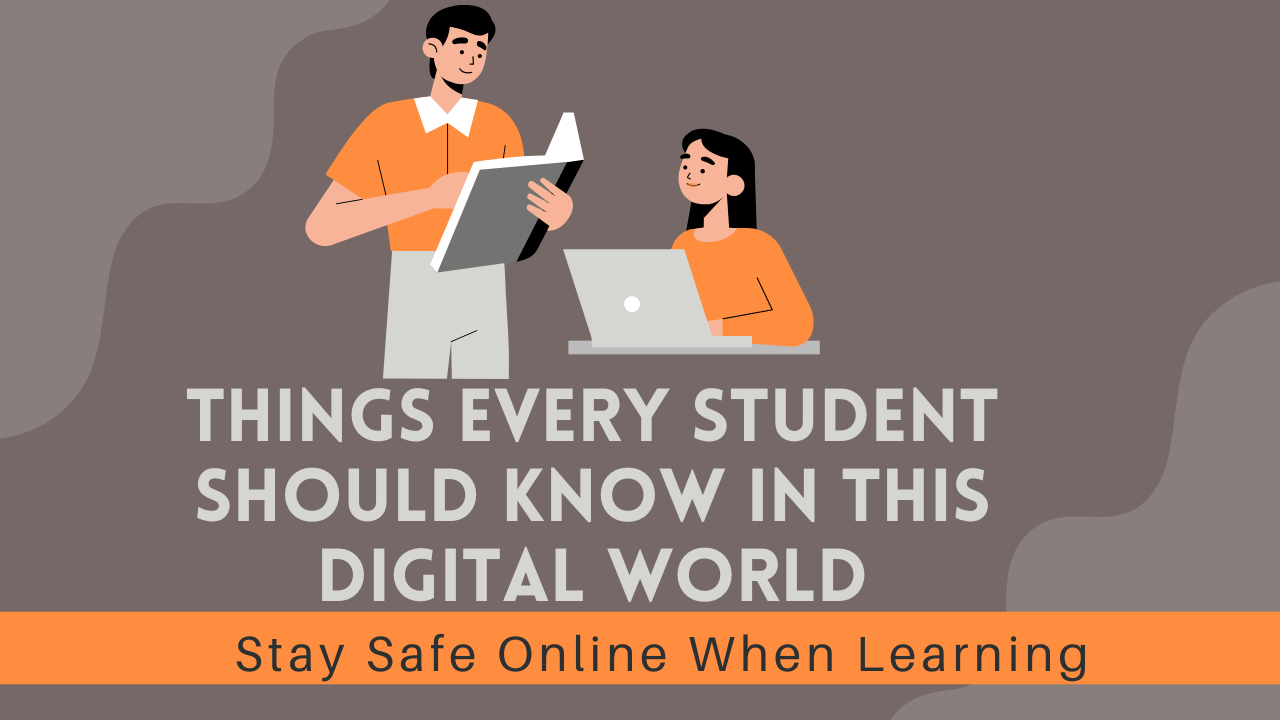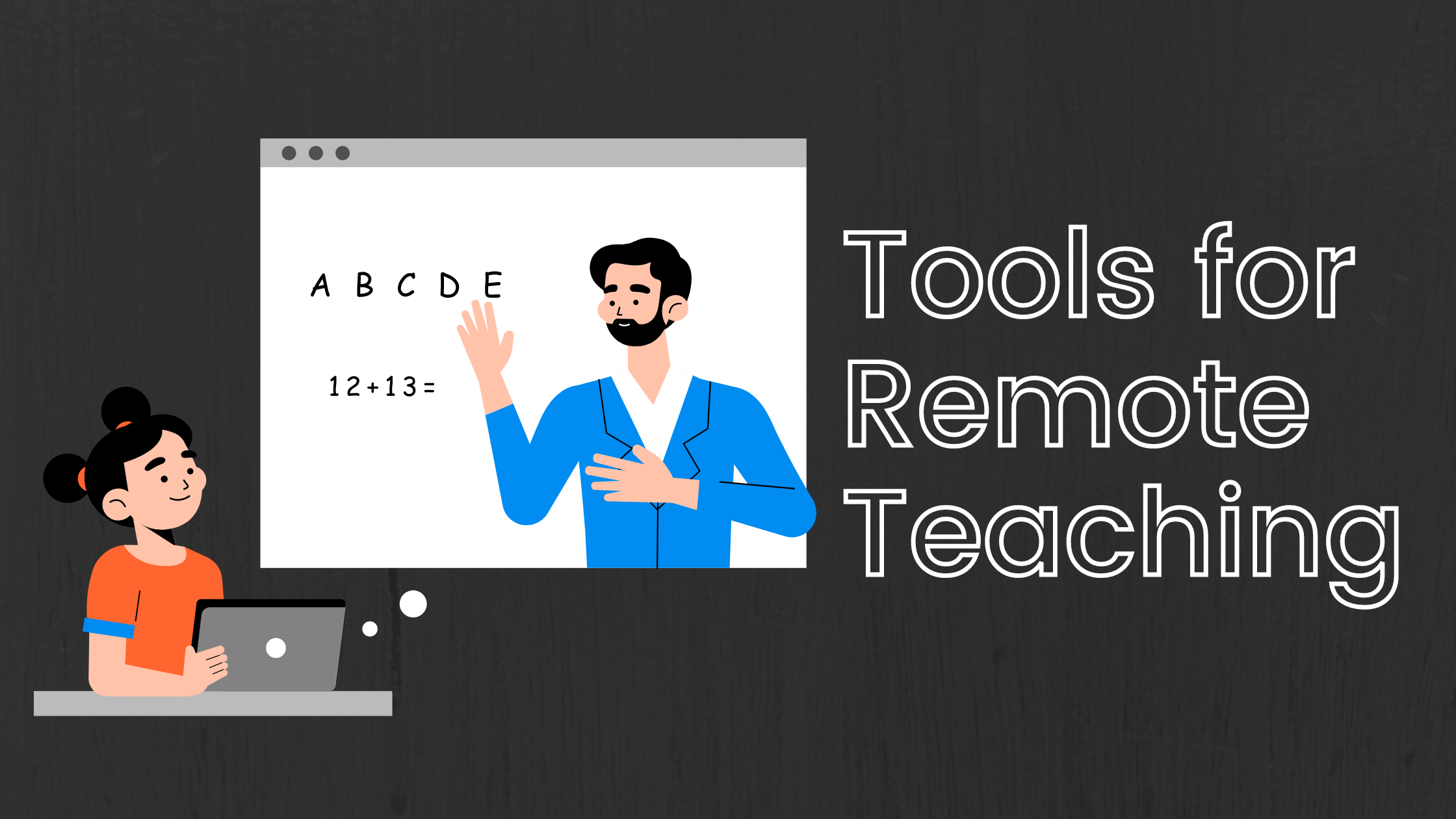Greetings, fellow learners! In today’s rapidly evolving digital landscape, online education continues to transform how we learn and advance our careers. As technology empowers new models of instruction, top institutions now deliver premier degrees remotely to meet demand. This comprehensive guide explores the diverse and growing opportunities available through distance learning programs. Whether seeking flexibility to balance work and family or credentials opening doors in high-potential fields, online options provide premier knowledge on your schedule.
We’ll look in-depth at formats pioneering schools utilize, disciplines experiencing rising demand, and essential practices supporting remote success. With diligent research, online pathways maximize potential in today’s digital-first world. Keep reading to uncover options aligning skills and lifestyle as you craft your personalized plan for lifelong learning!
Online Degree Models

Leading universities pioneer innovative models for virtual instruction. Asynchronous programs allow independent study on one’s timeframe through recorded video lectures, readings, and assignments. This self-paced model caters to self-motivated learners balancing varied schedules. Synchronous courses integrate live online classes into flexible weekly calendars. Instructors deliver real-time video lessons, and students participate through chat functions.
This community-focused experience promotes collaboration. Blended models offer condensed on-campus intensives paired with remote coursework throughout the term. Competency-based pathways assess demonstrated abilities rather than seat time. Students advance by passing projects and exams. Hybrid executive formats cater to working professionals through accelerated part-time paces. Choosing structures aligning strengths, needs, and lifestyles sets the stage for thriving remotely.
High-Growth Fields
Specific disciplines see powerful remote potential as digital transformation continues. Coding boot camps and computer science degrees meet burgeoning tech talent demands in cybersecurity, AI, and cloud engineering. Healthcare expands virtual programs in nursing, healthcare administration, and telehealth specializations.
Businesses leveraging remote collaboration tools experience rising online enrollments in accounting, finance, marketing, and more. Teaching credentials empower the growing distance learning sector. Public policy and social sciences also lend well to independent study. Research fields matching passions reveal where to focus customized degree pursuits.
Top Online Universities

Leading schools establish reputations for rigorous and engaging remote instruction. The University of Florida pioneered the MOOC model through its global reach on the Coursera platform and now offers over 100 online graduate programs. The University of Southern California leads in executive continuing education formats. The University of Illinois at Urbana-Champaign delivers over 50 online master’s degrees.
Colorado State University excels with competency-based pathways. Georgia Tech’s online computer science program rivals the on-campus experience in-depth and rigor. Targeting programs from such established brands delivers respected credentials. Robust alum networks and career services further support remote career growth.
Online Learning Best Practices
Thriving independently requires diligence and self-discipline. Establish a dedicated distraction-free workspace for focused study. Integrate asynchronous viewings seamlessly into personal schedules. Proactively engage instructors and classmates through online forums and video conferences. Participate actively in group assignments and projects using collaborative tools.
Pursue supplemental campus resources extending beyond courses. Develop customized time management habits separating academic responsibilities from personal life. Practice holistic self-care to avoid burnout. Strategies like these maximize performance and well-being on one’s terms.
Financing Online Education
With planning, distance degrees remain affordable and accessible. Research scholarships explicitly tailored for adult, online, and minority students. Compare all tuition, fees, and required materials between programs upfront. Leverage any employer tuition reimbursement benefits. Income-share agreements for competency-based programs share risk.
State residency perks apply online within state university systems. Calculate projected salary boosts to weigh investment returns. Leverage federal financial aid and responsible alternative student loans. Networking through alums may reveal additional funding leads. Customized planning empowers cost-effective pathways.
Online Degree Specializations

Specific fields especially thrive in remote learning environments. In-demand computer science specializations like coding, cybersecurity, and data analytics see rising online enrollments. Business administration leverages virtual tools in marketing, finance, management, and more. Healthcare administration expands through public health and healthcare IT.
Education cultivates instructional design and curriculum development. Communication fields apply to public relations, digital media, and journalism. Psychology delivers counseling, human development, and social work. Engineering branches into electrical, software, and computer specialties. Research opportunities fully align passions and proficiencies.
Online Learning Community
Thriving independently requires a meaningful connection. Join degree-specific groups on LinkedIn and Facebook for peer support. Engage instructors and advisors through virtual office hours. Partner with classmates on team projects utilizing collaborative tools. Attend webinars and events hosted by your university and beyond.
Mentor more junior students navigating online programs. Present research at virtual conferences showcasing skills. Build an online portfolio highlighting accomplishments. Proactive engagement fuels satisfaction and career-long relationships. Remotely delivered learning must mean something other than isolating – community enriches the experience.
Read More: Surge Learning: Online Education Healthcare Organizations
Online Student Support Services
Leading universities optimize independent success through robust remote services. Access to online libraries extends beyond required readings. Seek tutoring or mentoring assistance through writing and subject-matter centers. Leverage career and alums networking platforms. Request counseling or wellness resources as personal needs arise.
Seek accommodations such as extended testing times when appropriate. Resolve technical issues through dedicated help desks. Evaluate online communities supporting post-graduate success. Holistic services empower customized support as needed on one’s schedule and terms. Navigating support systems fuels resilience and resourcefulness.
Online Credential Evaluation
Understand how employers and industries view distance degrees. Research if licensure or certification requires any campus components. Confirm accreditation and rankings match on-campus counterparts. Include university name, degree level, and specialization prominently on professional profiles and resumes. Emphasize relevant projects, publications, internships, and work accomplishments demonstrating qualifications.
Prepare stories discussing online coursework applied knowledge and skills. Highlight transferable abilities such as time management, initiative, and collaboration. Consider pursuing campus intensives or certifications for additional credentials when applicable. Diligence assures online programs deliver respected qualifications.
Conclusion
In conclusion, we hope you feel fully equipped to craft an individualized plan leveraging the growing potential of online education. With dedicated research aligning options with skills and lifestyle needs, distance learning provides premier knowledge and respected credentials rivaling traditional routes.
Wishing you the very best in maximizing opportunities and exploring your potential. Your future is bright – let’s get learning! The digital era opens new doors for learners of all kinds. Your journey to lifelong success starts now.




